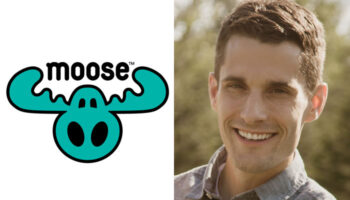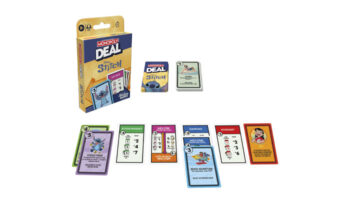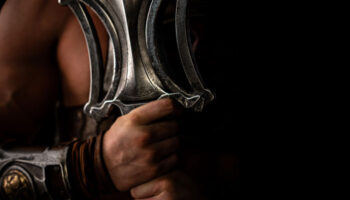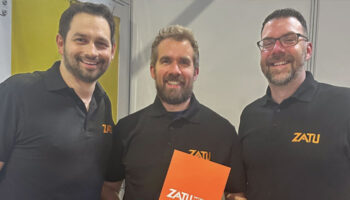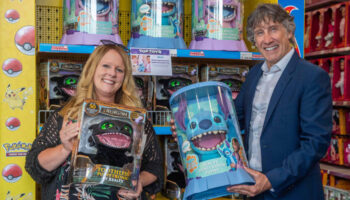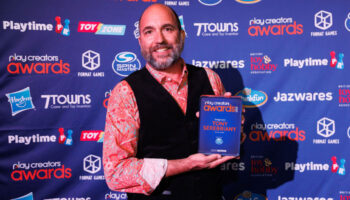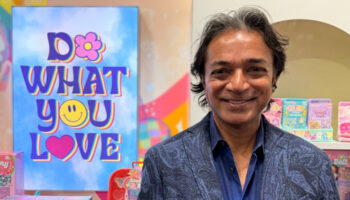“We don’t agree with Bezier’s way of publishing,” says Oink Games following copycat claim
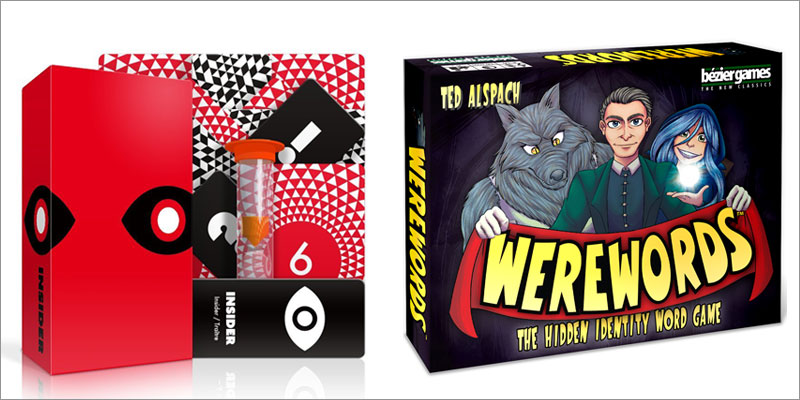
Japanese games publisher Oink Games has stated it does not agree with Bezier Games’ way of publishing, following its claim that Bezier’s upcoming Werewords game is a copy of Oink’s Insider.
Launched last year, Insider sees players ask yes or no questions to a ‘master’ in an attempt to guess the master’s chosen word. One player is also acting as the ‘insider’ and is secretly leading the discussion. If the master’s word is guessed, players must then identify the insider. If players guess the identity of the insider, they win. If not, the insider wins.
Bezier’s Werewords, out next month, sees players guess a secret word by asking yes or no questions. One of the players is secretly a werewolf who knows the word but is working against the team. If players don’t guess the word in time, they can still win by identifying the werewolf. One player can also take on the role of the Seer, who knows the word, and can lead the players to victory. But if the word is guessed, the Werewolf can win by identifying the Seer. Werewords also comes with a free companion app boasting a selection of words and a timer.
Last week, Oink took to Twitter, stating: ‘Regarding Werewords, we are getting asked if we licensed Insider to Bezier Games. We did not. Even though it is true that Bezier Games tried to license Insider in October 2016, we have nothing to do with publishing Werewords. If this kind of publishing continues, game designers, who put heart and soul into making games, will be replaced with those who copy.’
Bezier founder and president Ted Alspach responded with an article on Opinionated Gamer, stating that while developing Werewords, he played Insider, noticed a few similarities and decided to reach out to Oink regarding the English licensing rights.
“This isn’t a new thing for most game designers: you work on something for a certain period of time only to find out that there’s a published version of a game that’s similar to what you’ve designed that you hadn’t heard of,” said Alspach.
“I sent a note to Oink asking if the English licensing rights were available, and explained that if we were to license it, we would have to include more roles, fix the word lists, integrate it with an app, and more. It would essentially be a different game, but since Insider had some similarities and had been on the market already, I approached them.”
After some initial correspondence, where Alspach outlined his plans for ‘Americanising’ the game and making it a success in North America and other English speaking territories (with planned changes including the addition of an app, more roles, different words and a larger box), Oink stopped replying.
Alspach said: “I contacted Oink and provided them with my design ideas as a courtesy, in the hopes we might be able to partner on a project. Due to the lack of any response to my ideas, I continued developing my original game. Now, seven months later, these accusatory tweets from Oink have been brought to my attention. I don’t wish to engage in online arguments. However, there has been enough chatter about this which may potentially affect my reputation that I felt the need to clarify the chain of events.
“For Oink to state that Werewords is a copy of Insider without having played Werewords or even read the rules is an overreach on their part. For them to go further and strongly imply that I copied their game, even though they don’t have any firsthand knowledge of Werewords, its rules or how it plays, is irresponsible. My hope is that once they have a chance to play Werewords, they’ll retract those tweets.”
Oink has now responded to Alspach’s article, stating: “We’ll just let each of you decide whether a game is copied or not. We all know that the rules of a game are not protected by any copyright. All we can say is that we didn’t agree to the offer from Bezier Games.
“Acknowledging there is an existing game with some similarity and releasing the game anyway because one could not receive an OK from the other party: we don’t agree with such a way of publishing, especially when a much stronger publisher is releasing the latter game.
“If this kind of publishing continues, people who don’t have many distribution channels would have difficulty benefiting from their games. This applies to small companies like ours and/or to individual game designers.
“We have talked with many publishers. This is not the first time we couldn’t reach an agreement. Nearly all the publishers we have talked to showed some respect to our games though. They never released anything that is remotely close to our games, even if we couldn’t reach an agreement. This is one of many wonderful things about the board gaming world.
“This is also one of the reasons why there are so many game designers who distribute their own games globally. We didn’t imagine that some would think: ‘since we had the same idea before knowing the existing game, we’ll develop it even further and release it’ and then publish a game.
“We now know this can happen. It can happen right after you released a new game and can be done by a large publisher. Having that in mind, we’ll keep trying to develop unique and great games and act in a way that we can survive.”



